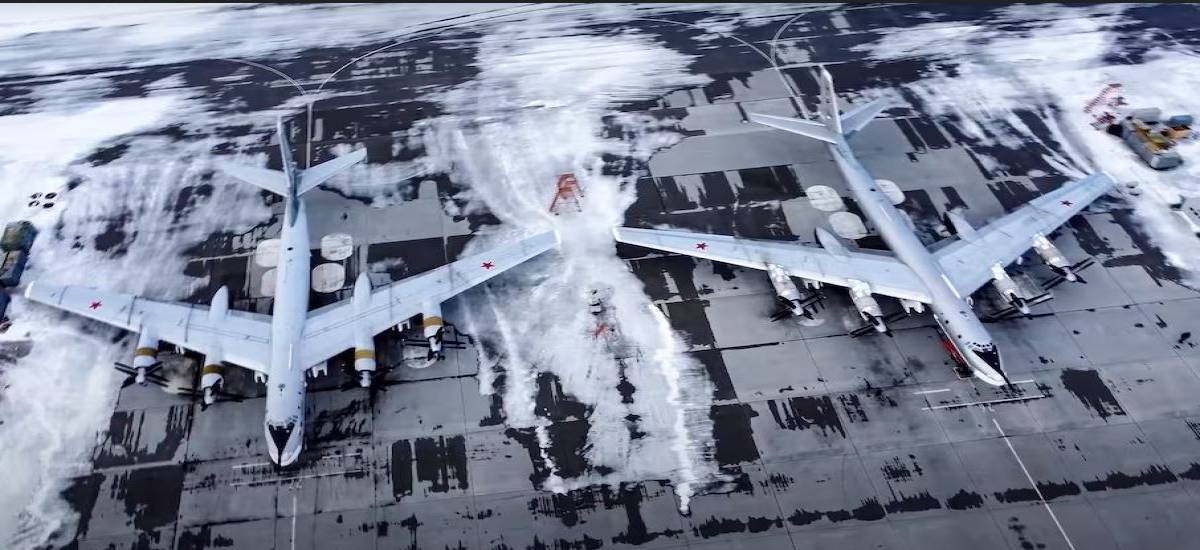803 Views
Ukraine’s ‘Spider Web’ Op: Did NATO Cross Putin’s Red Line? Russia Threatens Nuclear Response!
In recent days, Ukraine executed an unprecedented intelligence operation, dubbed "Operation Spider Web," against five strategic Russian airbases, including remote locations such as Murmansk and Siberia. Planned by Ukraine’s Security Service (SBU) under the direct supervision of President Volodymyr Zelensky, the operation utilized 117 stealth drones concealed in specialized trucks, inflicting severe damage on Russia’s air fleet. This attack, recognized as one of the most sophisticated intelligence operations in modern history, carries profound strategic implications for Eurasian and even global security.
The complexity of "Spider Web" suggests Ukraine could not have carried out such an assault alone. The U.S. Central Intelligence Agency (CIA) has played a pivotal role in rebuilding Ukraine’s Main Intelligence Directorate (HUR) since 2014. This cooperation includes funding, training, and supplying equipment to establish covert operational bases near Russia’s borders. Additionally, Britain’s MI6 has collaborated with Ukraine in global intelligence efforts. While no direct evidence confirms Western operatives' involvement in this specific mission, Ukraine’s close ties with NATO and Western states—particularly the U.S. and UK—strongly suggest technical, intelligence, and tactical support. This security convergence underscores Ukraine’s deep integration into Western defense structures, effectively making it part of Europe’s and the West’s security architecture. This development could reshape Europe’s geopolitical landscape and even influence global security strategies, especially Russia’s.
Moreover, the strike on the Olenya airbase in Murmansk—over 2,000 km from Ukraine’s border—raises significant logistical challenges. The geographical impossibility points to third-country launch sites. Finland (now a NATO member), due to its proximity and history of military cooperation with the U.S., emerges as a key suspect. Assessments suggest drones were likely launched from Finnish territory or Kolguev Island in the Barents Sea—a former Russian military base now under NATO control. Russian military analysts and officials have floated this theory, with some implicating Norway, another NATO member.
If confirmed, this hypothesis would have profound geopolitical repercussions. Should the operation have been launched from Finnish territory, it would mean the conflict zone has directly expanded into NATO territory. This would not only impact NATO's collective defense principles but could also trigger severe retaliatory measures from Russia. Third-party involvement in Ukraine's military logistics could rapidly escalate direct tensions between NATO and Russia, significantly increasing the risk of a larger-scale conflict."
Russia’s Defense Ministry labeled the attack a "terrorist act", confirming damage to several strategic aircraft. The scale of the operation may push Moscow to consider stronger responses, including conventional strikes or even tactical nuclear threats as a deterrent. While nuclear use remains unlikely, the current volatility makes it a serious concern. Russian officials have framed such operations as national security threats, warning of unpredictable countermeasures.
"Operation Spider Web" marks Ukraine’s war evolving from a regional conflict into a global crisis. While a tactical victory for Kyiv, it raises the specter of wider war. Statements from Donald Trump—warning that "Putin is playing with fire"—reflect growing fears in U.S. and European circles over escalating tensions. The timing, just before Istanbul peace talks, further complicates diplomatic efforts. The conflict’s expanding geography and intensity risk drawing in more players and destabilizing global order.
Ultimately, Western backing for Ukrainian cyber ops like "Spider Web" aims to degrade Russia’s military capabilities and global influence. However, this approach—which helped spark the Ukraine war—risks igniting a full-scale European or even global conflict. Potential third-party involvement heightens the danger of Russian escalation, including tactical nuclear threats. Thus, NATO-Russia tensions underscore the urgent need for realistic, active diplomacy. The West must weigh the consequences of its actions and pursue diplomatic solutions over escalation to avert a catastrophic global crisis.
*Translated by Ashraf Hemmati from the original Persian article written by Amin Mahdavi

Comment
Post a comment for this article